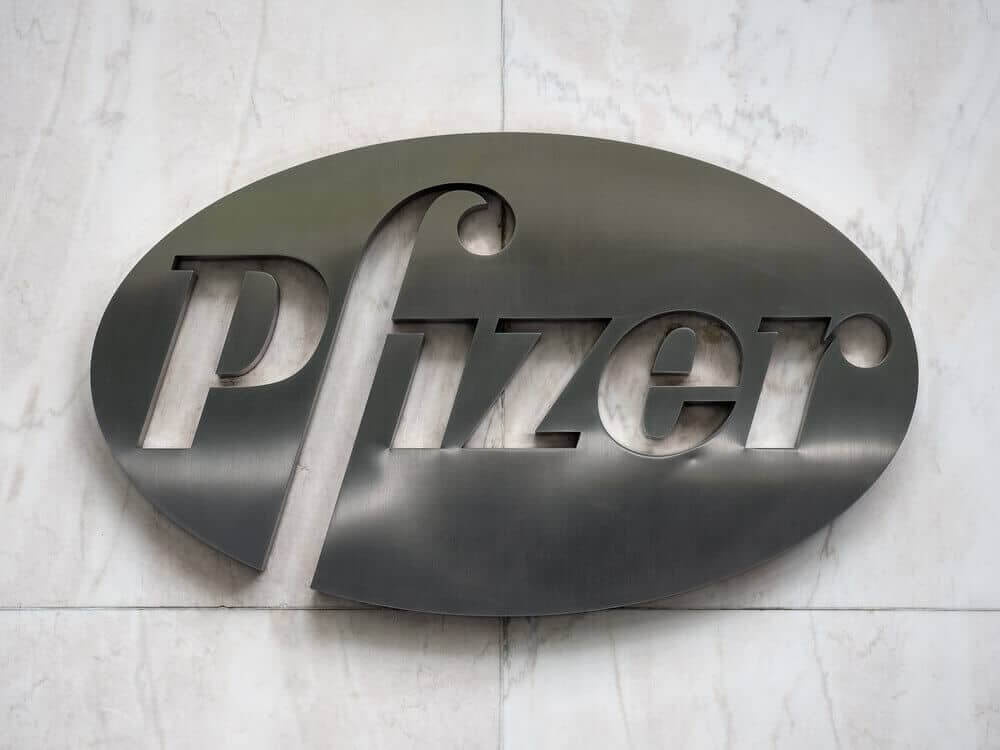
Pfizer to Donate Russian Proceeds to Ukraine
While more and more companies are introducing sanctions against Russia, some, like crucial medicine suppliers, face a moral dilemma. While punishing the Russian government for their aggression is justifiable, what about taking medication from people? After all, COVID is still around and kicking, and you can’t just kick a country to its pre-modern medicine days. Pfizer, however, has found a solution that both leaves medicine supply intact and punishes invasive behavior. Namely, the medicine giant decided that it would keep operating in Russia but reroute all its profits.
Naturally, the path the earnings will take is towards the neighboring country, Ukraine. All the money from Pfizer’s Russian subsidiary will go towards relief efforts in Ukraine. Pfizer will donate it as direct humanitarian aid for those afflicted by the conflict. The company’s move opens the doors to its peers to make similar moves, sanctioning the Russian government while still aiding the people.
However, Pfizer even took their stance a step further than simply rerouting its profits. Namely, it decided to pause plans for any future ventures in Russia. That means the company will halt all investments in the medicinal field, preventing money from flowing into the country.
Furthermore, it has also decided to stop all clinical trials currently ongoing in Russia. It will eventually end cooperation with patients in current clinical trials and stop recruiting new ones.
And as a last measure, Pfizer will also end cooperation with any Russia-based suppliers. That means the only profit Russia will still reap from Pfizer is the tax the company pays.
Pfizer has found a solution that seems ideal for the current situation. It avoids the moral crisis of stripping people of their medication while still hurting Russia financially.
4th Shot Needed
In other news regarding Pfizer, its CEO announced that another booster shot would be necessary in the future. That doesn’t come as a surprise to many, as new varients have evolved consistently since the 3rd jab. Current measures do a solid job at preventing hospitalizations and deaths but lack consistency. Against Omicron, the shots do little to prevent infection, thus leaving room for the virus to spread.
Pfizer plans to make a future-proof shot that would handle future COVID variants better than the current ones. Some people who are in extreme danger groups have already received their fourth vaccination. Naturally, the contents of that vaccine are the same as the third, and they serve as an antibody booster.
Still, the shot, even if it gets approved, will initially only apply to the adult population. FDA approval for vaccine use in healthy teens may stall if it even gets verified in the first place. Pfizer said they submitted data to the institution and will see what the future holds.
As for children, those between 5 and 11 years old can currently get two pediatric doses of the vaccine. Children under five can’t yet get their shot, but that might soon change. Pfizer has developed a three child-size dose vaccine for infants and toddlers between six months and five years. If it gets approved, vaccination might start as early as May.


